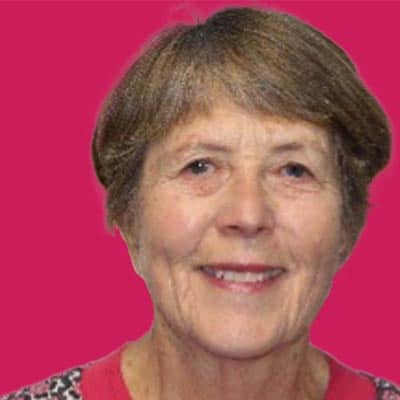Research had identified a number of strategies that are common to effective mentors. Below are some examples of what these strategies might look like in practice in a range of contexts.
| Strategies of effective mentors | What this might look like in practice | Examples |
| Ensure the partnership works in a deliberate and focused way | – negotiating roles from the outset – ensuring you have dedicated time and resources – being willing to make your work public | Discuss what will / will not be part of the mentoring relationship, such: co-planning, modelling, observing, recording reflections, collecting data. Ensure that release time is assigned to allow you to meet with your mentee. Establish a regular time and place to meet. Be willing to share your own resources and be observed by the mentee. |
| Provide emotional and psychological support | – investing time in developing relationships with mentees to ensure you get along – supporting mentees to become part of the wider learning community of the school – listening to mentees and helping them solve problems – being approachable, non-judgmental and trustworthy – negotiating and advocating on behalf of mentees – building mentees’ enthusiasm for teaching | Build trust by asking questions to get to know the mentee personally and professionally. Introduce the mentee to other people in the school to connect them to others personally and professionally: for example, introduce them to people that can share expertise and have similar interests, or encourage the mentee to share their expertise and ideas with others in the school. Advocate for the mentee by speaking up about issues that affect them: for example, remind leaders of the need to provide training in school-specific systems for teachers that are new to the school. |
| Provide pedagogical support and challenge | – observing lessons and giving feedback against specific criteria – supporting mentees to make effective use of feedback – demonstrating effective teaching – facilitating productive learning conversations – challenging and supporting mentees to use data and evidence to inform their practice – assisting with planning – integrating conceptual theoretical elements with teaching practice (demonstrating how theory translates into practice) | Use the mentor meetings to discuss when to observe the mentee and what criteria will be used. The criteria will be linked to the mentee’s goals (see Questions to use during mentoring conversations for more info). Use feedback as one of the pieces of evidence in mentoring conversations, which is then used to inform the mentee’s next steps. Engage in productive learning conversations, including reflection on practice, challenging questions, and the use of data. |
| Respect your mentee as an adult learner | – giving them autonomy – addressing their individual needs – encouraging critical reflective practice and experiential learning rather than offering theoretical or prescribed models | Provide autonomy by collaborating with the mentee in setting goals, generating possible actions to take, and agreeing on next steps. Ask mentees what they find challenging and where they need support. Use the Questions to use during mentoring conversations to support the mentee to reflect on their practice. |
| Develop your knowledge, skills and identity as a mentor | – taking part in PLD – participating in networking and mentor groups – reading relevant research – being collaborative | – Possible sources of information: Check the Ed Gazette professional learning and development notices – Networking with educators and other mentors through Twitter or Facebook – Read about the GROW model of coaching – Read the Teaching Council’s guidelines – NZCER book on mentoring in ECE – Key websites for evidence-based practice: Best Evidence Encyclopaedia Education Endowment Foundation toolkit What Works Clearinghouse |
By Jenny Whatman and Rachel Cann



